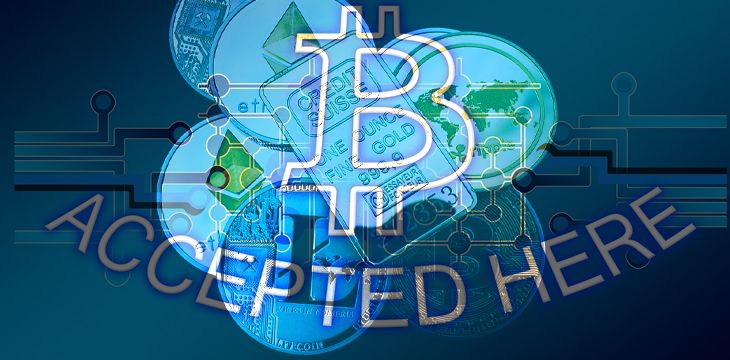|
Getting your Trinity Audio player ready...
|
Did you know that coins used for criminal activity are also used by WikiLeaks?
The @Wikileaks shop https://t.co/z1VcHcXrGB now accepts orders using Bitcoin Lightning. #bitcoin #btc $btc @lightning #lightning #btcln – select coinpayments at checkout pic.twitter.com/oWiMq8UEUC
— Official WikiLeaks Shop (@WikiLeaksShop) July 7, 2020
Wikileaks.shop, the branch of WikiLeaks that sells merchandise to financially support WikiLeaks, currently accepts BTC, BCH, DASH, ETH, LTC, XMR, and ZEC as payment. Unfortunately, nearly all of these coins have been used by criminals in the past, which puts WikiLeaks, as well as anyone who wishes to pay with one of these currencies at the WikiLeaks.shop, at risk.
Zero transparency is NOT the answer
The problem with a majority of the coins/tokens that WikiLeaks supports is that they allow their users to make transactions off-chain, or are practically 100% anonymous like Monero (XMR) and Zcash (ZEC).
When transactions are not transparent, or the origin of a coin is obfuscated through coin-mixer services, the coin or token becomes attractive to criminals looking to conduct illicit activities.
This places risk on innocent consumers because if they own or receive a privacy coin that has been used for criminal activity, they could, unfortunately, find themselves holding “dirty money” or stolen property. Sending, receiving, or even owning a privacy coin is like playing a game of hot-potato, if you are caught holding the illicit or dirty coins at the end of the game, there’s a good chance you are going to be investigated by a government agency or that you might find yourself in a legal battle over the coins or tokens. Privacy, after all, is not the same as anonymity—and in fiat’s case, cash has serial numbers.
The IRS is aware
The IRS knows that individuals are using privacy coins and off-chain transactions to facilitate crime and launder money—and they are not happy about it. Recently, the IRS released a “request for information” on privacy coins and sidechains.
XMR, ZEC, DASH, the BTC Lightning Network, Ethereum’s Raiden Network, and any coin that has implemented the Schnorr Signature algorithm, such as BCH were all cited in the IRS’s request for information—in other words, 6 out of the 7 payment methods that WikiLeaks accepts are on the IRS’s radar.
To quote Jon Southurst, who wrote, “If it’s private for you then it’s just as private for those who would do you harm, including large criminal organizations, powerful-but-corrupt governments and officials, and large corporate bad actors.”
If a coin or token is appealing to you for privacy or security reasons, it is also going to be appealing to criminals looking to do harm. When transactions are not transparent or are nearly impossible to track, criminals see the coin or token as the perfect vehicle to commit crime and cover their tracks—or even better, leave no tracks behind. However, governments of the world are now imposing more and more regulation, which is why the Bitcoin SV platform is designed from scratch to work inside this inevitable situation—it’s the only possible outcome so Bitcoin designed itself for it.

 02-20-2026
02-20-2026 




